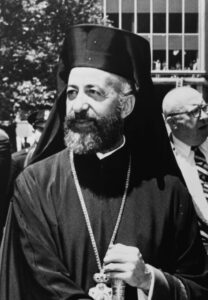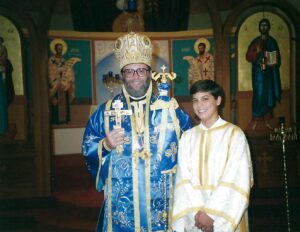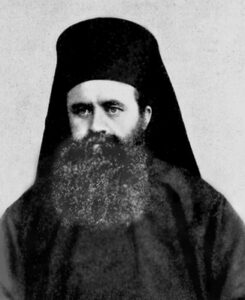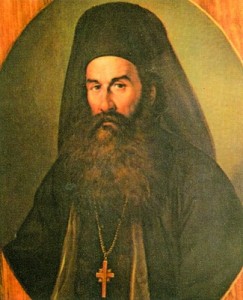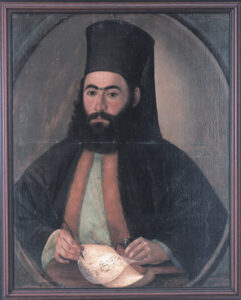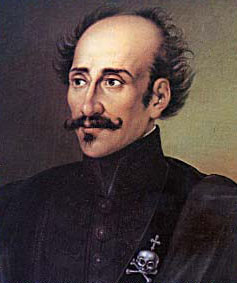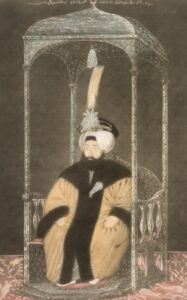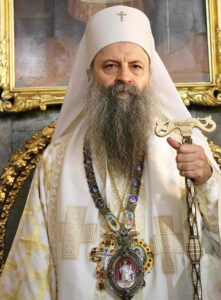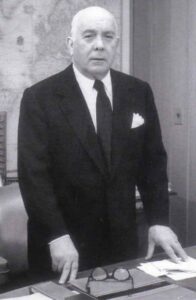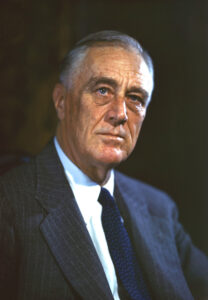Matthew Namee
Matthew Namee serves as editor of OrthodoxHistory.org. He specializes in the history of Orthodoxy in America from the mid-19th to the mid-20th centuries. He's written a lot about church history, both at this website and elsewhere, and he's spoken at numerous conferences and events. Matthew is the former research assistant to Bill James, the legendary baseball author and Boston Red Sox executive. He went on to earn a J.D. from the University of Kansas and serves as General Counsel and Chief Operating Officer for Orthodox Ministry Services. He and his wife Catherine and their children attend Holy Apostles Orthodox Church in Vancouver, WA. Matthew can be contacted at mfnamee [at] gmail [dot] com.
mfnamee@gmail.com
